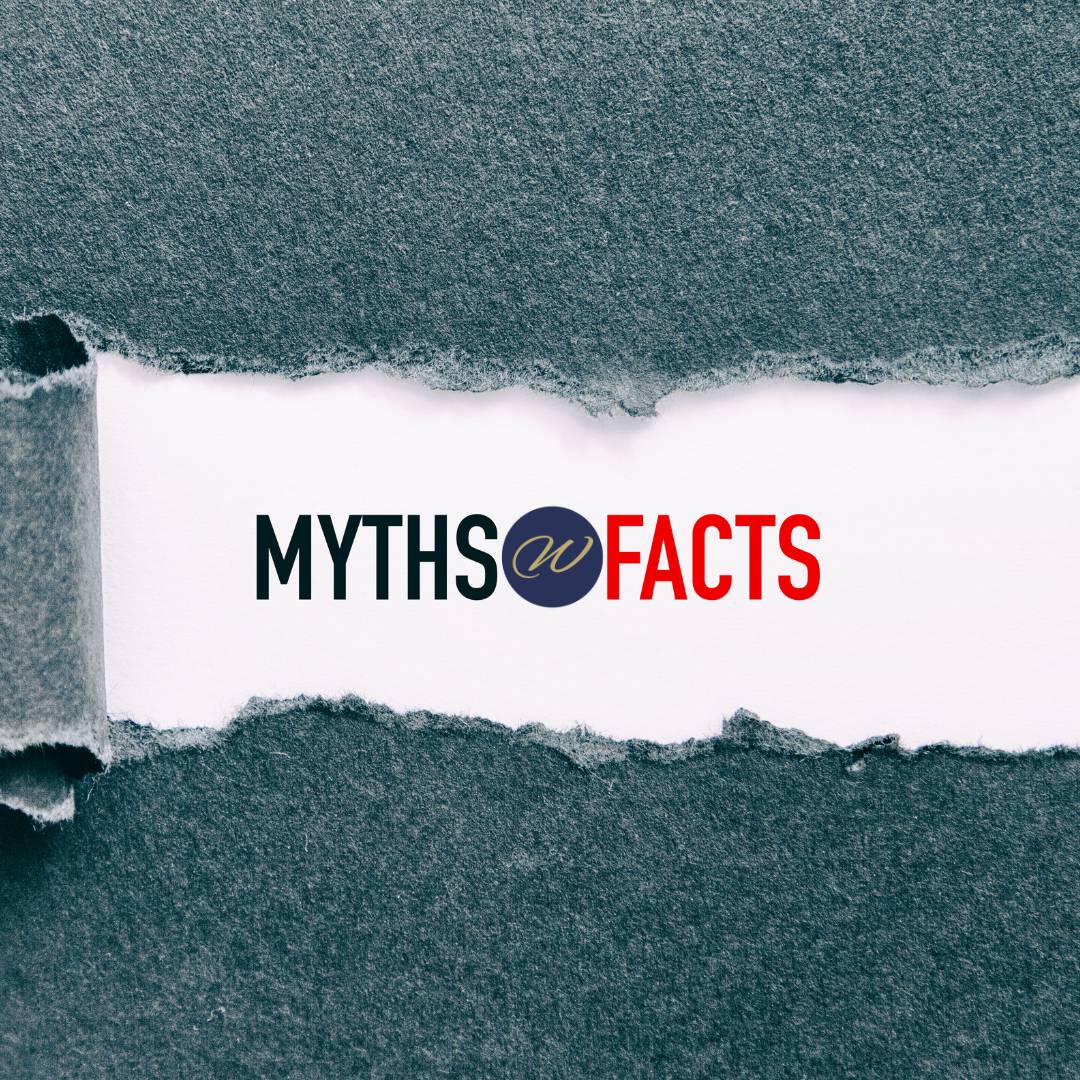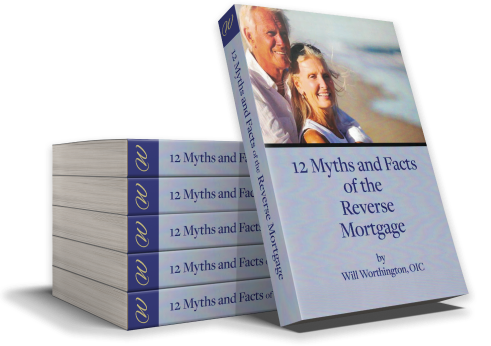Reverse mortgages are a valuable financial tool for seniors, offering them the opportunity to tap into their home equity to enhance their retirement years. Yet, there are many misconceptions surrounding reverse mortgages. In this article, we’ll debunk three common myths about reverse mortgages to provide you with a clearer understanding of this financial option. If you want to explore these myths further, be sure to download our free booklet, “The 12 Myths and Facts of the Reverse Mortgage.”
You Lose Ownership of Your Home
One of the most prevalent myths about reverse mortgages is the belief that you lose ownership of your home. In reality, with a reverse mortgage, you remain the rightful owner of your home. The title stays in your name, and you can continue living in your home for as long as you wish, provided you meet the loan requirements, such as keeping up with property taxes, homeowner’s insurance, and necessary home maintenance.
A reverse mortgage simply allows you to access a portion of your home’s equity while still maintaining ownership and residency rights. It’s essential to understand that a reverse mortgage is a loan against the equity in your home, not a transfer of ownership.
Your Heirs Will Be Burdened with Debt
Another common myth is the belief that your heirs will inherit your reverse mortgage debt. In reality, reverse mortgages are “non-recourse” loans. This means that the loan is typically repaid through the sale of the home, and the lender cannot seek repayment from your other assets or your heirs.
If the loan balance exceeds the home’s value when it’s sold, the federal mortgage insurance that comes with most reverse mortgages covers the difference. This ensures that your heirs won’t be left with a financial burden. They have the option to keep the home by paying off the loan balance or selling the property and using the proceeds to settle the debt. You can read more in our FREE BOOKLET: THE 12 MYTHS AND FACTS OF THE REVERSE MORTGAGE
Reverse Mortgages Are Only for Desperate Homeowners
Some believe that reverse mortgages are a last resort for homeowners in dire financial straits. While reverse mortgages can certainly help those facing financial challenges, they are not exclusively for the desperate. In fact, many financially secure retirees use reverse mortgages to enhance their retirement lifestyle or address specific financial needs, such as covering medical expenses, travel, or home improvements.
Reverse mortgages offer financial flexibility and can be a strategic part of retirement planning, helping seniors to access their home equity in a way that best suits their financial goals.
Download Our Free Booklet for More Myths and Facts
These three myths only scratch the surface of the misconceptions surrounding reverse mortgages. If you want to dive deeper and gain a more comprehensive understanding of reverse mortgages, we invite you to download our free booklet, “The 12 Myths and Facts of the Reverse Mortgage.” In this booklet, we explore a dozen common myths and provide you with the facts you need to make an informed decision about whether a reverse mortgage is right for you. You can also read EVERYTHING YOU NEED TO KNOW ABOUT REVERSE MORTGAGES HERE.
Don’t let myths and misconceptions cloud your judgment. Download our booklet today and embark on your journey to discover the truth about reverse mortgages.
Share
by Santiago Carrillo
Share
STAY IN THE LOOP





